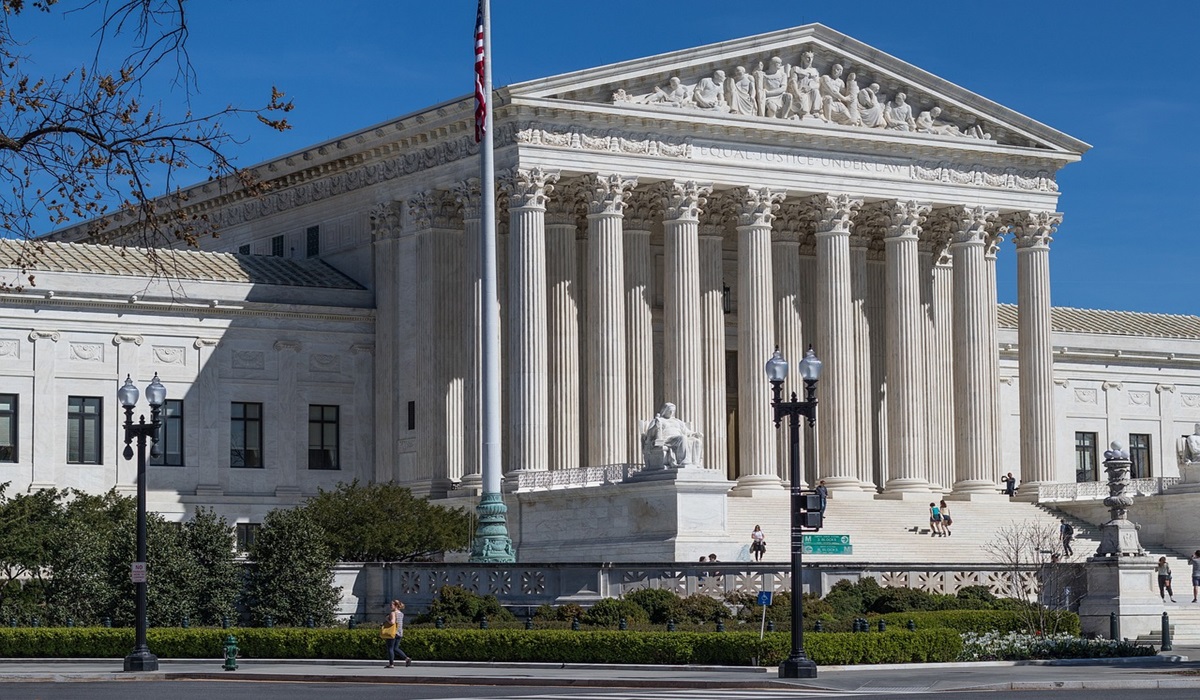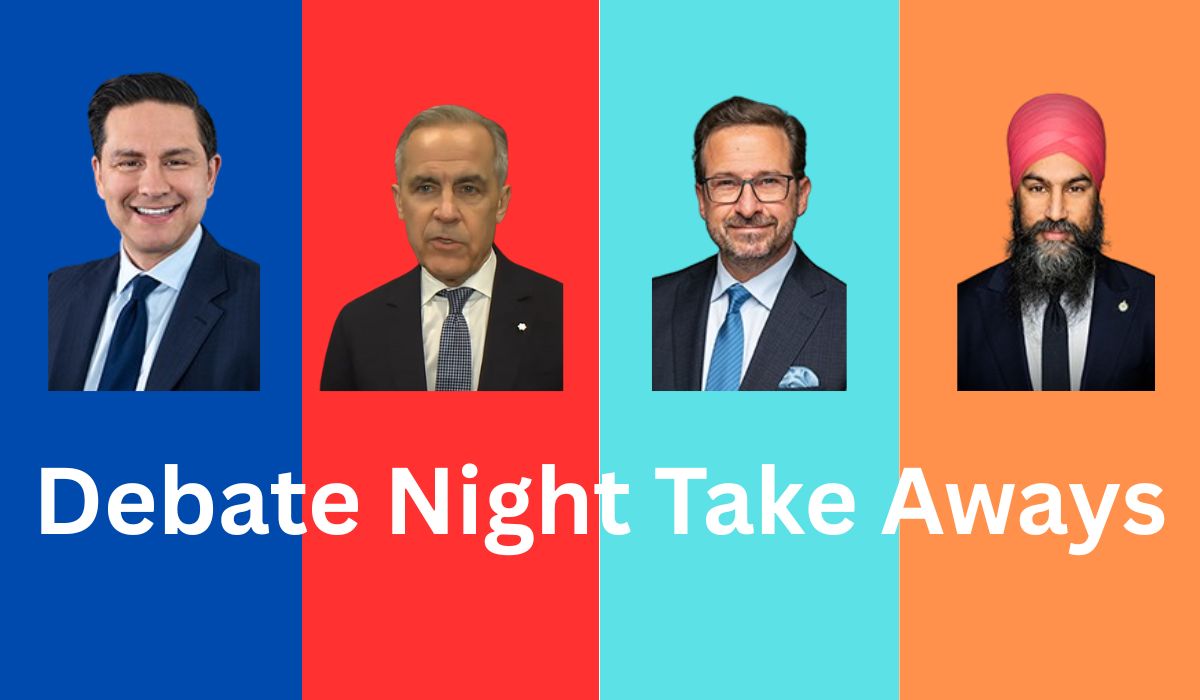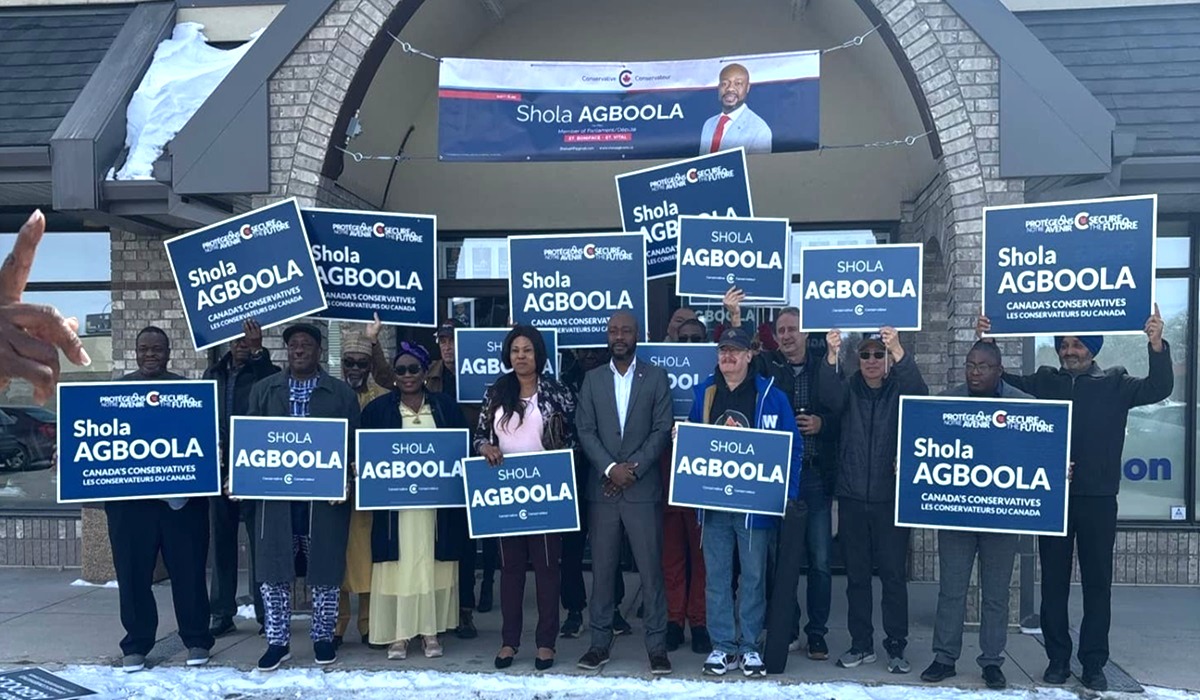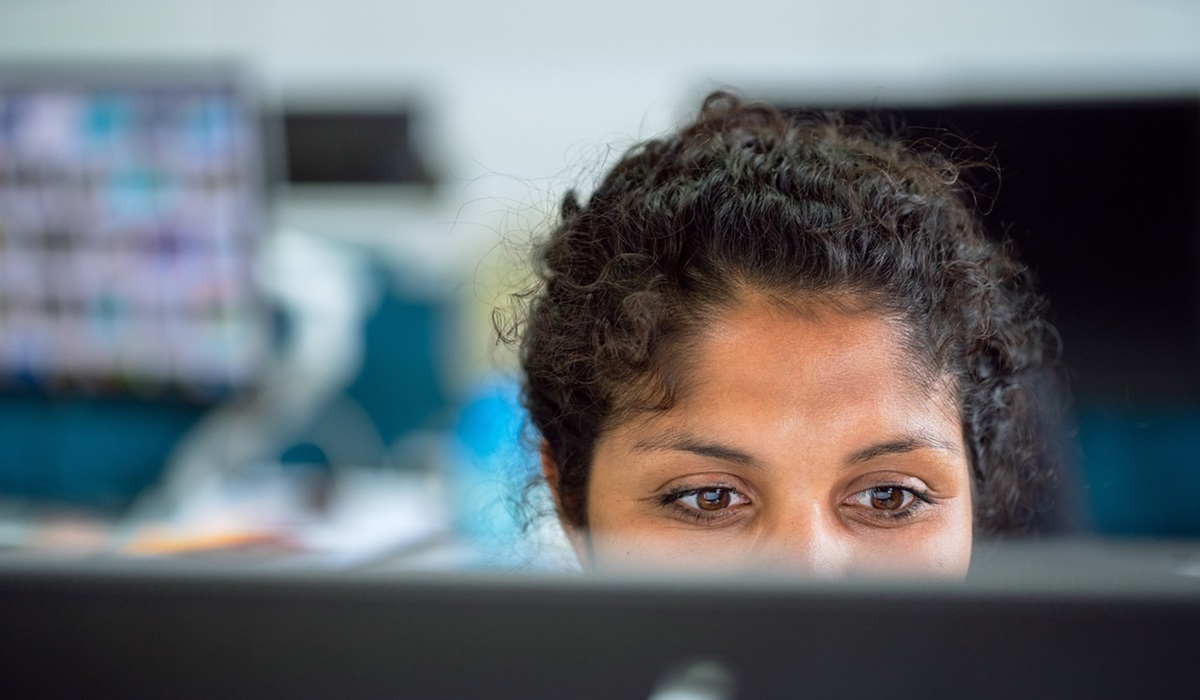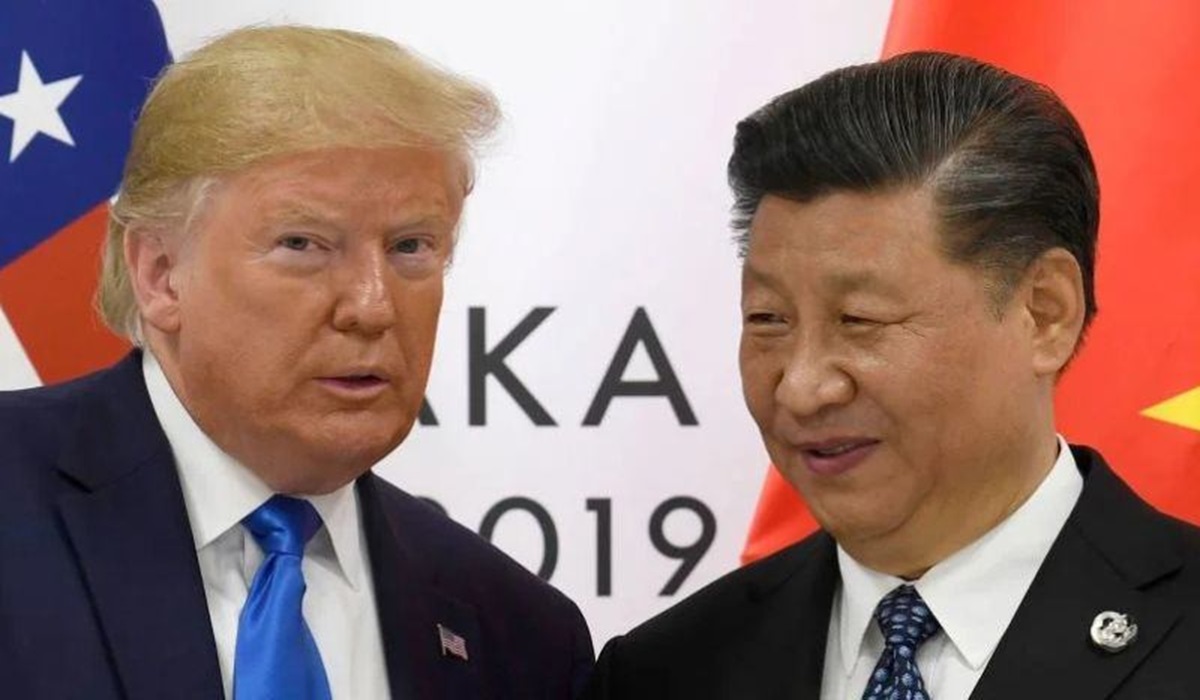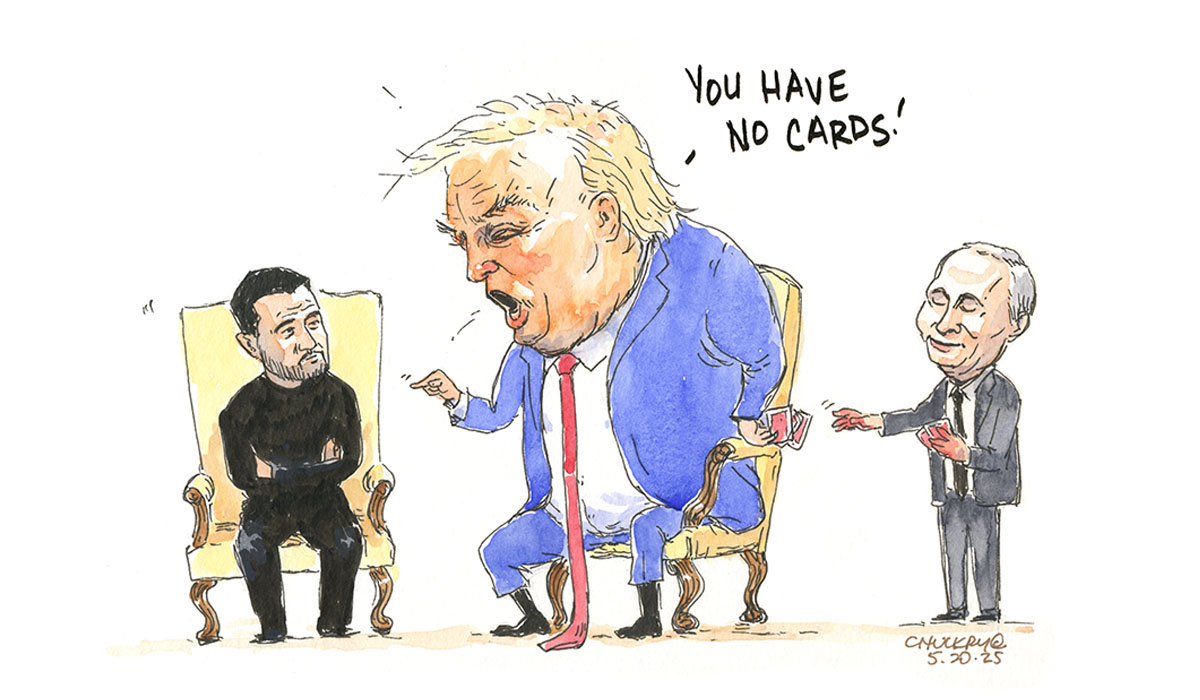African Development Bank and WAEMU Ombudsmen Forge New Path Toward Peace, Governance
- Naomi Dela Cruz
- Africa
- D.O.C Supplements - Trending News
- April 8, 2025
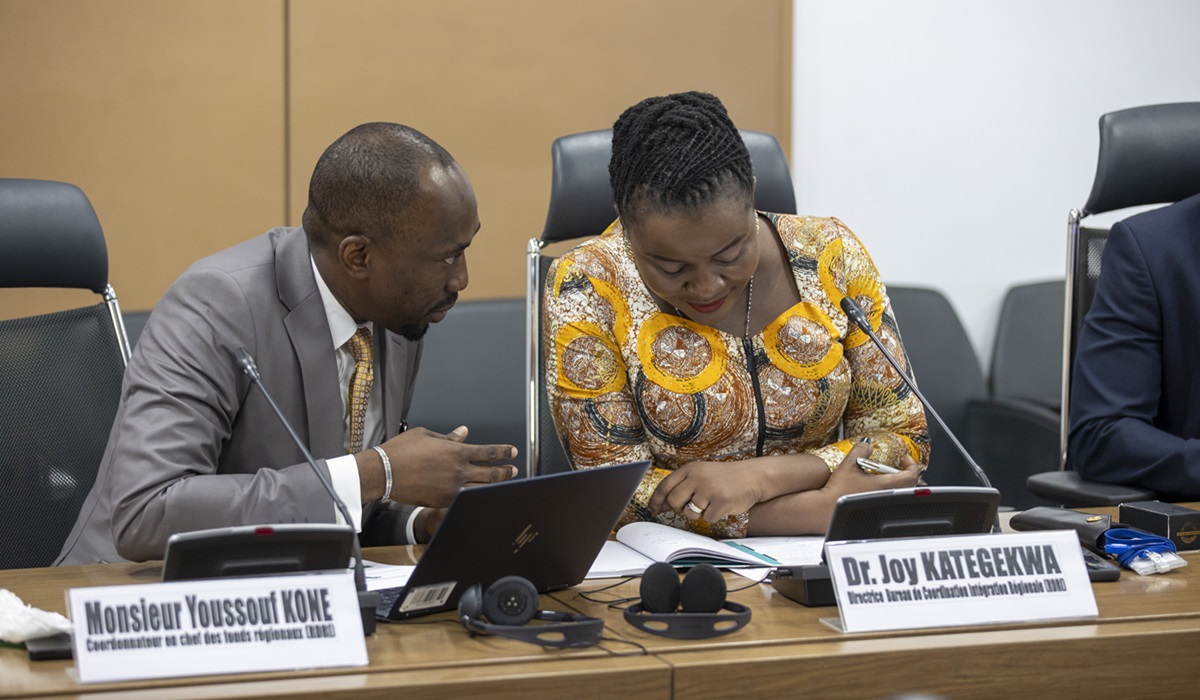
A pivotal meeting between the African Development Bank and the Ombudsmen Association of the West African Economic and Monetary Union (WAEMU) member states has opened the door to deeper cooperation on peacebuilding, regional integration, and governance reform across Francophone West Africa. On March 28, 2025, Joy Kategekwa, Director of the Bank’s Regional Integration Coordination Office, welcomed a high-level delegation of ombudsmen at the Bank’s headquarters in Abidjan, Ivory Coast, marking a critical step in aligning institutional efforts to stabilize and unite the region.
The delegation was led by Pascal Essou, the Ombudsman of the Republic of Benin and current president of the WAEMU Ombudsmen Association. He was joined by Adama Toungara of Côte d’Ivoire, the Association’s Secretary General; Senegal’s Demba Kandji, serving as Treasurer; and WAEMU’s Côte d’Ivoire representative Gustave Diasso, alongside several of their peers. Their mission was clear: to secure the Bank’s support in reinforcing the rule of law and restoring citizen confidence in public institutions across WAEMU’s eight member states—Benin, Burkina Faso, Côte d’Ivoire, Guinea-Bissau, Mali, Niger, Senegal, and Togo.
“Deepening strategic dialogue with the Bank is essential,” Essou said. “We are eager to create synergies between our work and the Bank’s strategic priorities—especially the High 5s and the regional integration strategy for West Africa.”
Founded in 2008 and headquartered in Ouagadougou, Burkina Faso, the WAEMU Ombudsmen Association plays a unique and often underrecognized role in the regional landscape. With a mandate focused on mediation, protection of citizens’ rights, and administrative justice, it also acts as a guardian of peace and legal consistency across the Union’s member countries. The Association’s work often operates behind the scenes—resolving local grievances, de-escalating tensions, and reinforcing legal standards—but its impact is foundational to long-term regional resilience.
During the meeting, the ombudsmen presented their newly developed Strategic Plan for 2025–2029, an ambitious framework centered on five key pillars: governance and rule of law, performance and partnerships, peace and security, research, and institutional development and communication. The plan is set to be validated at a high-level resource mobilization roundtable scheduled for April 29 in Dakar, Senegal. The ombudsmen formally requested the Bank’s technical and financial backing for the roundtable and its follow-through, calling for support in mobilizing additional partners and capital.
Kategekwa expressed strong support for the Association’s mission and welcomed its alignment with the Bank’s own resilience strategy for fragile states. “This initiative is essential to building a more integrated, peaceful, and just West Africa,” she stated, applauding the Association’s proactive approach to fundraising and strategic vision. She highlighted the Bank’s Transition Support Facility and the window for regional public goods as potential mechanisms to scale up support for institutional stability and governance.
Behind closed doors, discussions also explored technical assistance, advisory support, and capacity-building initiatives that could be deployed through the Bank’s existing frameworks. Kategekwa was joined by key Bank officials including Youssouf Koné, Chief Coordinator for Regional Funds Management; Riadh Ben Messaoud, Head of the Transition States Coordination Office; and Marcel Maglo, Officer for Institutional Capacity Building—all signaling a strong institutional commitment to moving from dialogue to action.
While diplomatic statements often remain confined to words of goodwill, the gravity of this meeting suggests a more serious turn. The eight WAEMU countries continue to face enormous pressures, including political instability, fragile governance, and mounting public discontent. In this context, the ombudsmen are not just mediators—they are frontline actors in the fight for democratic accountability and regional cohesion.
With the roadmap for collaboration now more defined and mutual goals clarified, the focus shifts to Dakar. If the upcoming roundtable succeeds in unlocking real resources, this could be the beginning of a new era of cooperation—one that turns quiet conflict resolution and institutional mediation into the cornerstones of West Africa’s political future. There is no shortcut to peace, and certainly no shortcut to public trust. But with this new alliance, West Africa may have just taken a crucial step in the right direction.

